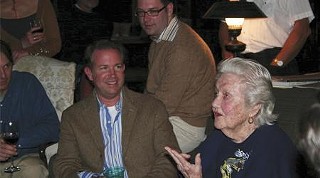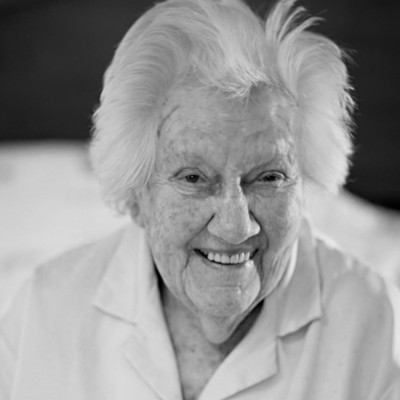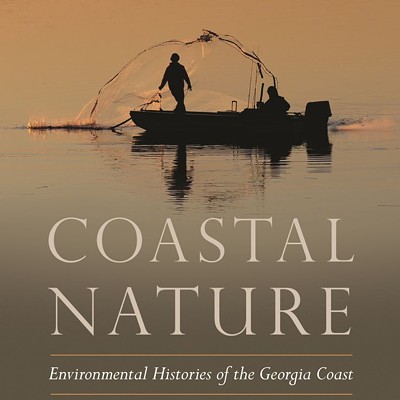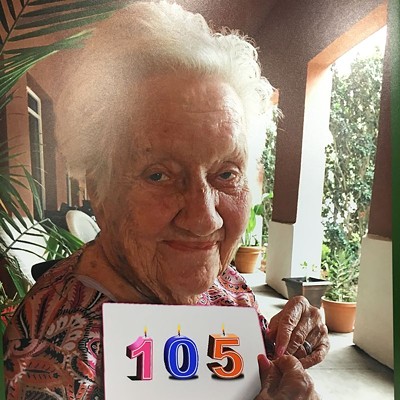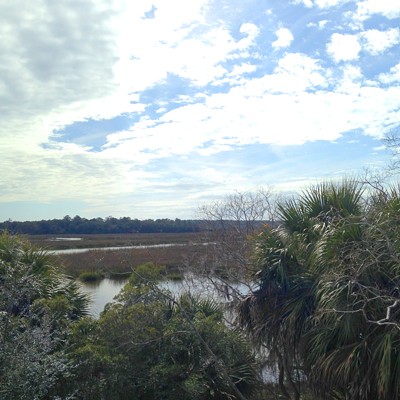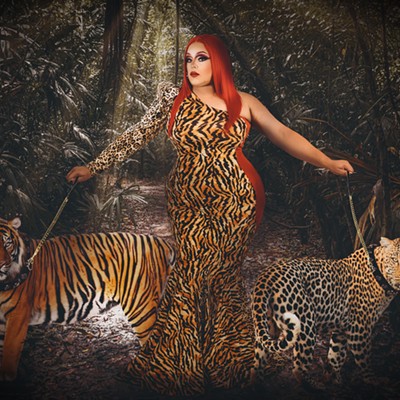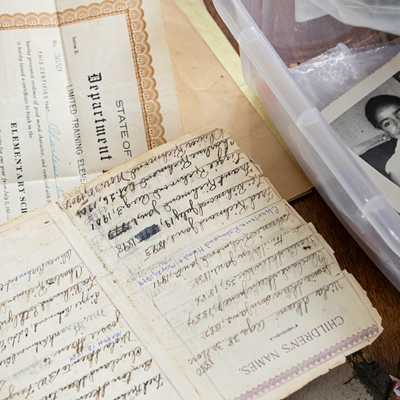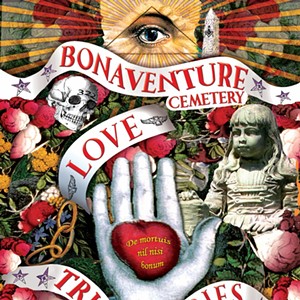A mere fifteen-minute boat ride from Savannah, Ossabaw Island is one of the most magical places on earth. Once the stomping ground of plantation owners -- the island features the oldest continuously used road in America -- the moss-drenched, marsh-encircled island later became the happy hunting ground of Northern millionaires.
One such tycoon, Henry Norton Torrey -- who married into the Fords of Pittsburgh Plate Glass fame, not the "upstart" Fords of the auto industry -- bought Ossabaw in the 1920s.Decades after moving there as a child, heiress Eleanor "Sandy" Torrey West, now in her 90s, still lives in her estate on Ossabaw.
The island is now owned by the Ossabaw Foundation, which conserves the island according to Mrs. West's strict vision: Limited public access, no airstrip, no ferry, no paved roads. Some questions remain about what will happen to Ossabaw when Mrs. West "relinquishes life estate," as the bureaucrats put it.
Will it become completely open to the public? Will it be sold off, perhaps in pieces, by a cash-strapped state government which has thus far never lifted a finger to stop rampant development elsewhere on the coast?
Taking a look at those Ossabaw controversies -- mostly through the point of view of Mrs. West herself, who sat down for a rare series of interviews -- is a new documentary by Atlanta-based Max Ramming. Blood and Thunder -- the title comes from a quote from Mrs. West towards the end of the film -- screens Nov. 3 at Moon River on Bay Street. We spoke to Ramming last week.
This all began because you ran aground in front of Sandy's house. Tell me about that.
Max Ramming: I have a best friend, Trey Coursey, who introduced me to Sandy and the island. I was visiting him in Savannah and we had spent the afternoon on Bradley Beach, where the public can go. It rained, it thunderstormed, we got stuck, and we ran aground trying to take a shortcut. and we were like let's just say hi to Sandy. So we show up on her doorstep wet around dinnertime. And she pulls out a taco kit and makes that while she dries our clothes in the dryer.
We had dinner with her wearing raincoats. Next day we were very grateful and picked up sticks in her yard. Manual labor goes a long way with her. And that's the story.
But why a film?
Max Ramming: I started shooting this as a younger person amazed at what he saw, and then got sucked into the Ossabaw politics.
That was my passion, to try and record stories with a video camera. I started working at CNN around that time, so it wasn't a big leap to try and turn a product around that would document this as a record for people who were not so fortunate to have my experience.
Has the political situation changed there since you finished the film?
Max Ramming: The story is from a particular moment in time. While things have improved, there's enough history there so it's never forgotten that she had this vision of what is this really cool thing, that a lot of people need. If it's turned into something other than that, like a hunting ground, which it has been, or just a boring daytrip place, we would be missing out. It could be better, but it could be worse.
The interviews with Sandy West are remarkable. How did you get access to sit down with her in her own living room?
Max Ramming: That was tricky. The one formal sitdown interview I had with her I couldn't twist her arm to get that until last year. I almost broke down and cried, and said Sandy West, we have got to do this.
How I got the initial permission? I think she's used to people around her trying to exercise their artistic wings. Her son is also doing some video projects, so there's some like interest there. I promised her she would be executive producer in the sense that she would have to be fine with it. So that was always the deal.
She's got one of the those personalities that will light up a room, and if she has a room she will light it up. So I would try and keep my camera on when she was doing that.
Most people don't have their own island. How has Sandy's unique situation influenced her worldview and how she approaches conservation?
Max Ramming: What's remarkable about Sandy is she realized what a cool thing this island was. Whatever aspect of it, the tabby, the history, the pirates, the pristine beach, solitude for introspection, she recognized that and her biggest quest was how to share that with the greatest number without destroying it. She does know that this privilege has allowed her to do this, but at the same time it's been a real journey for her.
That's another reason for making this film -- this is not some rich, reclusive privileged lady. This is someone who gave a lot up for people she hadn't even met yet.
I really wanted to document what I went through and get more people interested. So to that end we screened it to about 50-or 60 people in my backyard in Atlanta. We're showing it in Savannah to get maybe 50 people to see it. Then we'll show it in Athens. That was one level of planning. Another level was festivals to get some exposure for Ossabaw and me. Third, to have it on a shelf somewhere so when Sandy dies and the Foundation is kicked out, I can dust it off and say, "Hey, anybody remember seeing this?"
Blood and Thunder
Documentary about Ossabaw Island screens Nov. 3 at 7 p.m. at Moon River Brewing Co. on Bay St.

